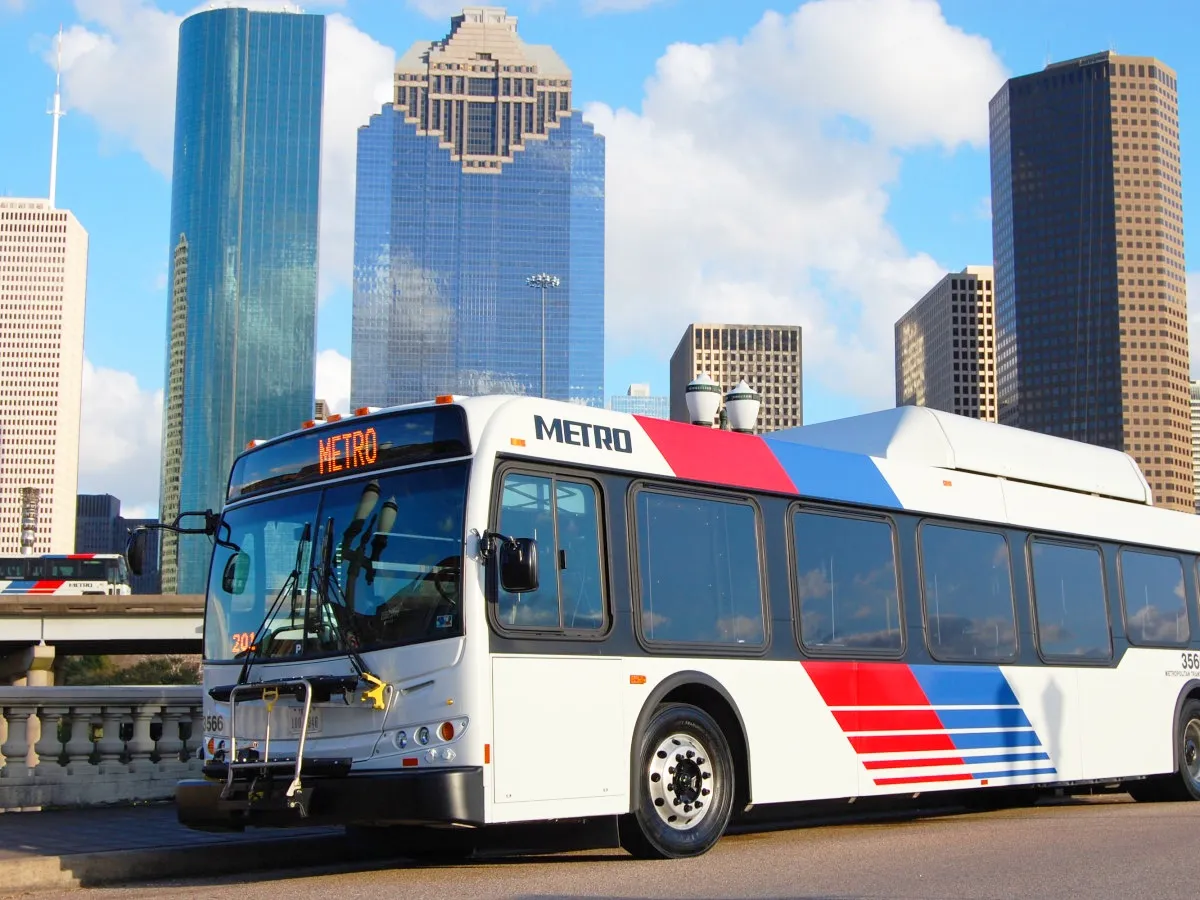
The Metropolitan Transit Authority of Harris County (Metro), Texas, has opted to expand its regional fare system by choosing Init for an order for ticket vending machines (TVM) and EMV-capable fare validators.
Init is a worldwide supplier of integrated ITS and ticketing systems for buses, light rail, and trains.
Metro, which covers the metropolitan Houston area, partnered with Init in 2021 for an account-based, contactless fare system with an order for fare validators, fare inspection devices, customer workstations and an account-based back-office fare management platform.
The option now signed by Metro complements that initial contract with additional fare validators, fare boxes, and 160 Init cash-based TVMs. These will allow cash-dependent riders to purchase tickets and enjoy contactless boarding throughout the region.
Init’s Vendstation is a TVM with an intuitive touchscreen allowing customers to conduct transactions and purchase tickets. It supports American Disability Act requirements for riders with disabilities and takes all modern forms of payment.
For passengers, this means that they can travel anywhere in the region using cash, mobile wallet, credit, or debit card to purchase their tickets.
The latest contract from Metro signifies an ongoing partnership through the years including the previous establishment of an Integrated Vehicle Operations Management System, automated passenger counting technology, and personnel dispatch software. The next stage in the relationship will be the launch of the next-generation fare collection system.
Metro covers the City of Houston, Harris County and 14 surrounding cities. Houston is the fourth-largest city in the US by population and the 18th-largest transit system in the US by unlinked passenger trips.








